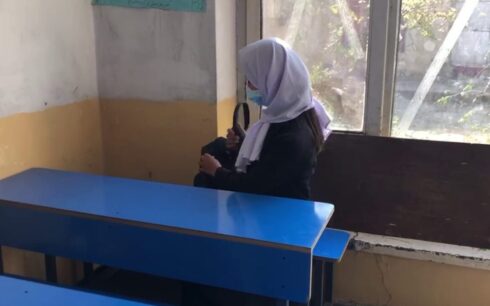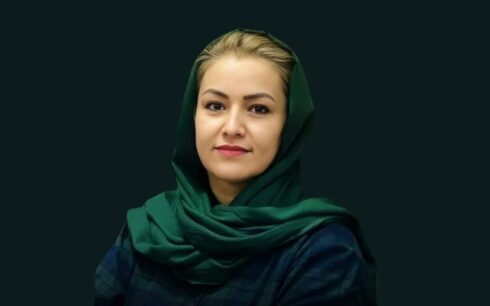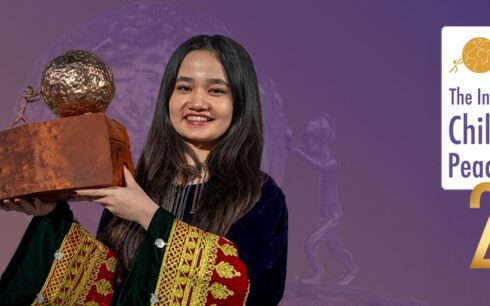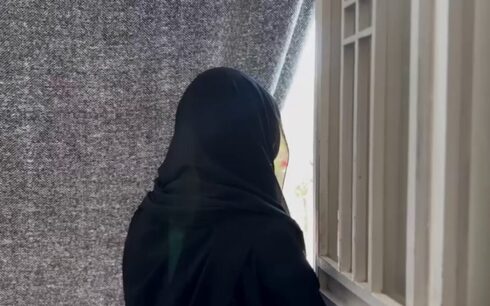In a stark assessment of women’s rights in Afghanistan, Amina Mohammed, the Deputy Secretary-General of the United Nations, described the systematic exclusion of women from public life under the Taliban as a clear indicator of profound regression.
Speaking at a U.N. summit on the global state of women’s rights, Mohammed called for stronger international support for Afghan women and emphasized the urgent need to defend their rights and presence in society at every opportunity.
“Support for Afghan women must be strengthened,” Mohammed said. “We must defend their rights, their agency, and their participation in every possible forum.”
While human rights organizations and the international community continue to advocate for Afghan women, Mohammed noted that a greater show of collective solidarity and action is essential. Simultaneously, Sima Bahous, Executive Director of U.N. Women, addressed the summit with a grim portrayal of Afghan women’s lives under Taliban rule, describing how many are “imprisoned within their own homes.”
“We remember the fear of millions of Afghan women and girls, who have been denied an education, a future, and a voice,” Bahous said. “They are silenced and confined, like prisoners in their own homes.”
The Deputy Secretary-General also highlighted U.N. efforts to support women and girls facing violence and crises worldwide. These efforts include providing food, shelter, healthcare services, psychosocial support, and employment opportunities for women impacted by conflict and economic hardship.
Since 2016, the U.N.’s Women’s Peace and Humanitarian Fund has supported over 1,300 local women’s organizations in crisis-affected countries, Mohammed noted, achieving notable progress in advancing women’s rights and participation in public life.
However, Mohammed stressed that the international community must intensify its efforts to gather financial resources and back local women’s organizations, allowing women to reclaim and secure their rights across Afghanistan and beyond.





